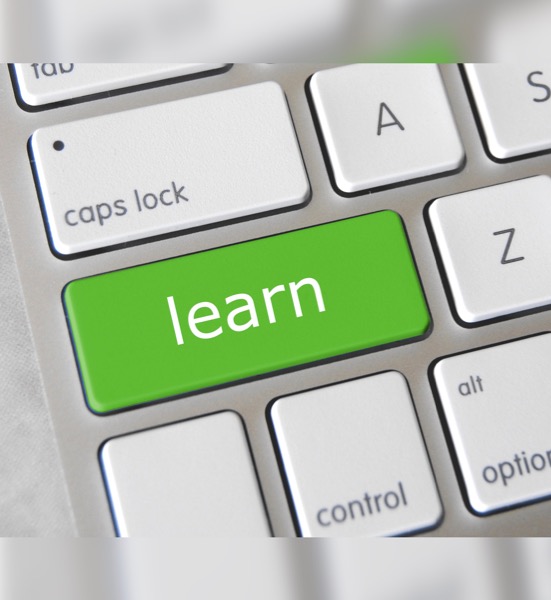05/01/2016
How to create a "WOW Learning Scenario"
After the meeting in Genoa, all partners wrote a guideline to define all learning Scenarios of the project. To support our learning scenario we builded a mind map.

The guideline is a summary for each partner to create a Learning Scenario: to download the guideline click here!
During the second day of the project meeting partners discussed the content of the project outcomes and focused mainly on the Learning Scenarios.
Partners made a quick overview of the project priority topics:
- Informational and communication technologies / ICT (skill for confident and critical use of ICT; virtual collaboration: ability to work productively and demonstrate presence as a member of a virtual team; data and personal security issues in internet, social networking, etc.)
- Media literacy (critical assessment and development of content, ability to categorise and filter information for importance, ability to understand the complex media messages, ability to produce messages for different media)
- Communication skills (connecting with others; ability to use various channels for persuasive communication; context appropriate communication; interpersonal and intercultural awareness; tolerance; audience awareness, body language; feedback skills)
- Sense of self & community (personal development; self-esteem; confidence; self-efficacy; civic engagement; strengthened bonds to community; partnership work)
- Entrepreneurship (planning and decision-making skills, novel thinking, problem solving, finding solutions and responses into unexpected circumstances; ability to plan and to work productively)
After brain-storming and discussion partners agreed that the topics are linked in-between and a learning scenario can easily cover not just one, but more priority topics at once (however, multi-topic scenarios will not be deliberately aimed in all cases). Partners agreed that the scenarios should treat situations that are significant (typical) for the countries / regions of the project implementation – to allow easier engagement of relevant stakeholders in the partner countries.
It is also important to balance the scenarios, developing both such focused on job seeking & employment and such that concern mastering of useful soft skills in general, for instance: ethics, responsible IT use, critical analysis of information (not only such provided in internet), assertiveness, etc.
Partners discussions produced a mind-map, which will also support structuring of the common template for the learning scenarios.




